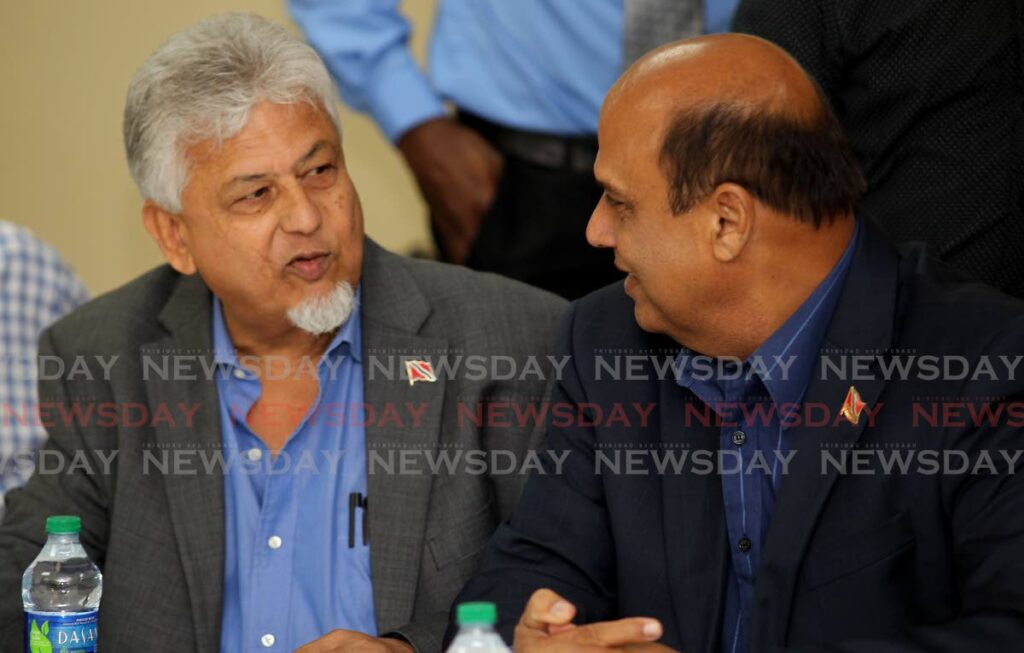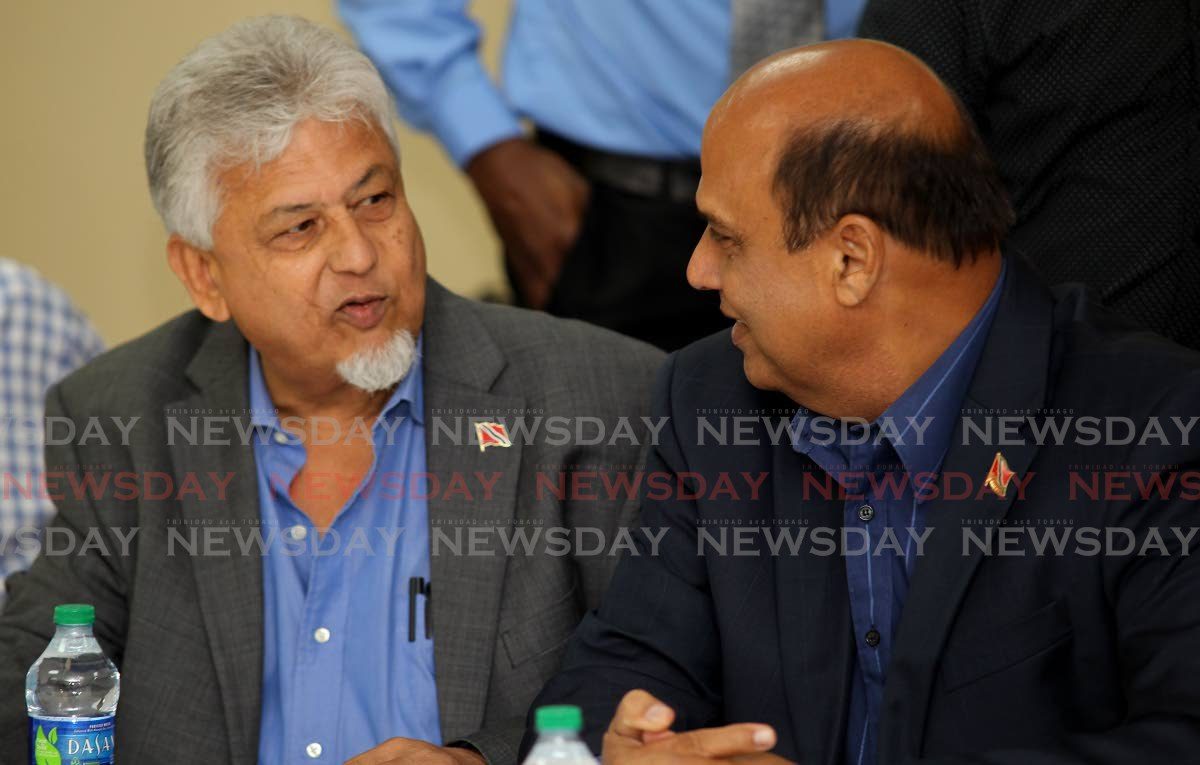Tewarie: God can’t save Trinidad and Tobago from economic challenges
Clint Chan Tack

FORMER UNC government minister Dr Bhoendradatt Tewarie says proper policies and not divine intervention will help Trinidad and Tobago to navigate the economic challenges it will face in the years ahead.
He made this observation during a virtual post-budget forum hosted by the trade and economic development unit of the University of the West Indies’ (UWI) Social Sciences Faculty.
Finance Minister Colm Imbert presented the $59.7 billion 2024/2025 budget in the House of Representatives on September 30. The House passed the budget on October 17. The Senate passed the budget on October 23.
In his contribution, Tewarie said 68 budgets have been presented and passed by successive governments since TT gained independence in 1962.
He added that all of these budgets have stuck to a particular formula which may not accurately reflect the country’s economic realities.
>
Tewarie said no political party which has formed the government since 1962 has ever admitted to being wrong on anything with respect to the economy.
“We don’t to admit mistakes.”
Tewarie questioned what was the relevance of a budget to governing a country when it is not linked to policies needed for good governance.
He said policies taken by different governments over time are the reason why TT finds itself in the place it is today.
“Policy choices got us here.’
Tewarie believed successive governments have made the mistake of repeating the same things while hoping that circumstances will work to their benefit.
“God is not going to get us out by some divine intervention.”
He said there is often a disconnect between the socio-political context and the economic reality that a political party in government must balance.
Tewarie lamented that some people who are elected to serve the population, do not treat this duty with the responsibility that they should.
>
“Politics is like a joke. Governance is not a joke.”
Tewarie said TT is not a basket case and can improve economically once it makes the right policy choices.
He cited Iceland and Uruguay as two examples of this. Iceland, Tewarie continued, has succeeded in becoming self-sufficient in food production while approximately 98 per cent of Uruguay’s energy comes from renewable energy sources.
Referring to expenditure over the years in education, national security and agriculture, Tewarie said these were some examples of where policies and developmental strategies were misaligned.
In education, he estimated that only 37 per cent of primary students perform well at the Secondary Entrance Assessment (SEA) examination and the academic performance of secondary students is below 50 per cent.
Tewarie asked how the education sector could help students prepare for the world of work with performance metrics like this.
In national security, Tewarie said budget allocations in this area have done little to reduce murders and other serious crimes or deal with their perpetrators.
He added that crime will never be reduced until matters such as illegal firearms, criminal gangs, economic marginalisation, homes, schools and communities are holistically dealt with.
Referring to Imbert’s recent statements about developing a cashless society, Tewarie said, “We have a cashless society already. It has been made cashless through poverty.”
>
Former deputy central bank governor Dr Terrence Farrell agreed with Tewarie.
After listening to budget presentations over the last 40 years, Farrell said budgets lack significant details about the economy, such as as savings and investments.
He questioned why governments seem to rely on the International Monetary Fund (IMF) and international rating agencies like Standard and Poors (S&P) to provide important national economic data rather than having effective domestic data collection mechanisms.
Farrell also questioned the strategy behind government putting a lot of its economic hopes on cross-border energy initiatives with Venezuela rather than expediting efforts to diversify the economy.
He estimated that the former could take between two to five years to bring any benefits for TT.
“We are running out of time and running out of runway.”

